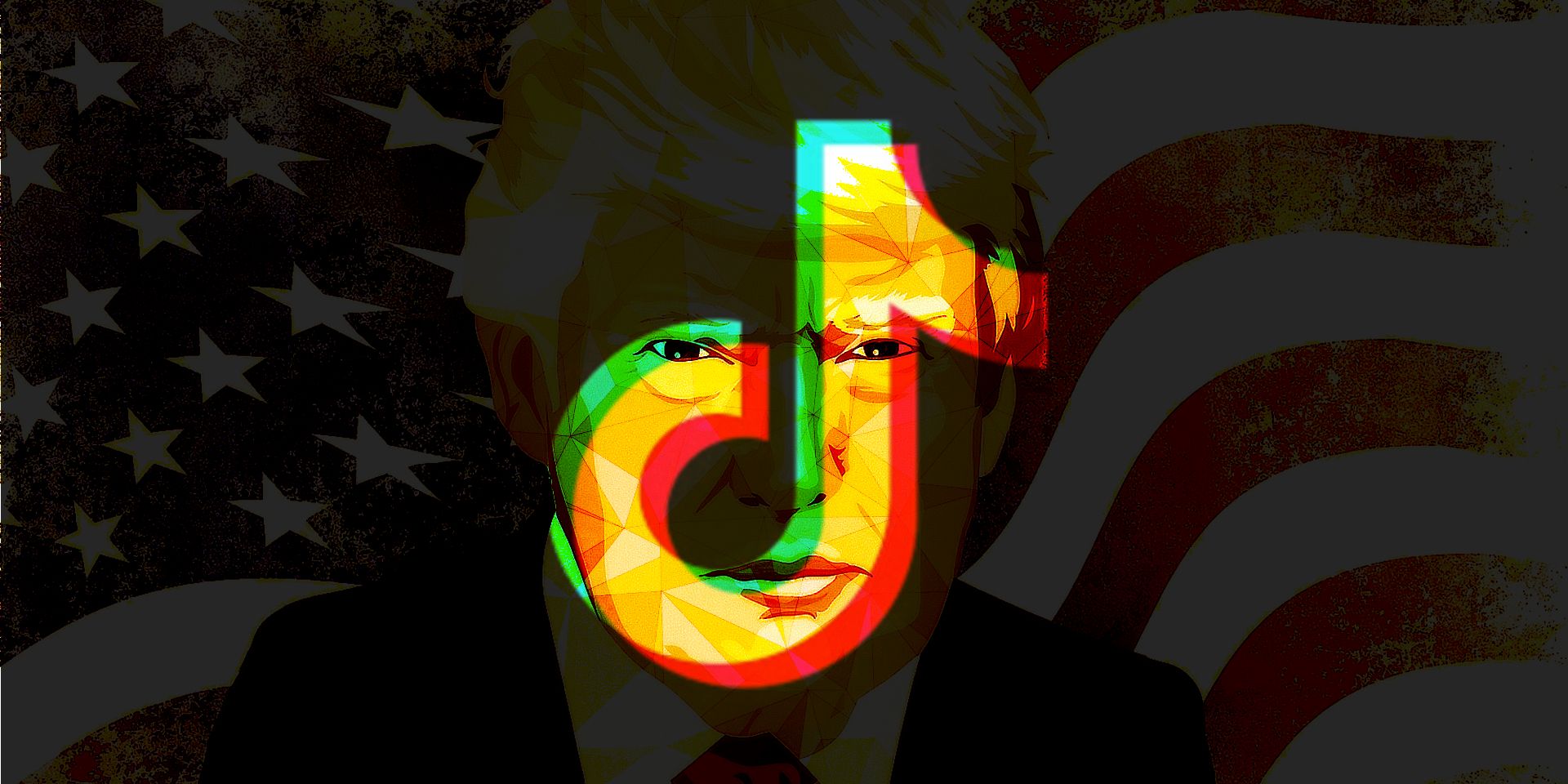An American TikTok employee, Patrick Ryan, is planning to fight Trump’s impending ban on the company in the courts. Ryan alleges that losing his job and income would be a violation of his constitutional right to due process as guaranteed through the fifth and fourteenth amendments. Essentially, Ryan and his lawyer, Mike Godwin, claim that proper procedures have not been followed to permit the constitutional deprivation of TikTok’s American workers from their employment. The lawsuit will only be filed if the ban includes provisions that would make it illegal for American employees to receive their paychecks or engage in other transactions with TikTok; a case or controversy is required before one may file such a lawsuit.
President Trump has set a mid-September deadline for the application to sell its operations or be banned, an action that TikTok has referred to as “unreasonable,” though the company has yet to comment on Ryan’s claim that he will take legal action if Trump’s ban disrupts his income. The threatened ban comes amidst growing security concerns in the United States, concerns that are shared by Congress, regarding suspected Chinese surveillance occurring on the platform. Additionally, the Trump administration has encouraged companies and governments around the world to create a “clean network” that will exclude other applications with ties to China.
The Detroit News reports that approximately 1,500 American TikTok employees are on the verge of losing their employment and income if a ban in enacted. However, TikTok is still in talks to sell its U.S. operations to Microsoft. Thus, there could be a deus ex machina for the TikTok employees in the near future. One thing is certain though, the law is not going to save them.
Why The TikTok Lawsuit Will Fail & Probably Never Happen

As an extreme example, if the U.S. government discovers that an employer is actually manufacturing weapons to be used against the civilian population and issues an executive order barring the employee from working for them, that is actually due process according to relevant precedent. The proper question could be, and it is not, whether the president’s determination ought to be given deference—is his claim reasonable? Signaling from other actors indicates that there is support for his claims within the government, including Congress, the co-rival branch, and the court has historically demonstrated deference in issues of executive power that involve sensitive national security issues and foreign affairs.
The strategy is intelligent, at least relative to TikTok launching its own lawsuit. It plays much better in the political theater and grabs at the heartstrings of some within the population, especially during these difficult times in the job market and beyond. As some scholars note, legal politics extend beyond courts and litigation or the threat thereof is not always about winning the case (see Rights At Work, McCann 1994.) However, in this case, the lawsuit threat will likely shape the contours of Trump’s enforcement measures if a ban takes place, providing guidance for how to manage optics; rather than Trump causing the employees to lose their job through his action, he can leave it up to TikTok once their operations are banned in the U.S. market. The case is dissimilar from those in which the court has actually challenged executive power in the recent past, such as Rasul (2004) and Hamdan (2006). Losing employment in the midst of global crisis might feel a little bit like torture, however, the high court is likely to find that TikTok employees already have a remedy—unemployment compensation—and that the President acted within his power.




